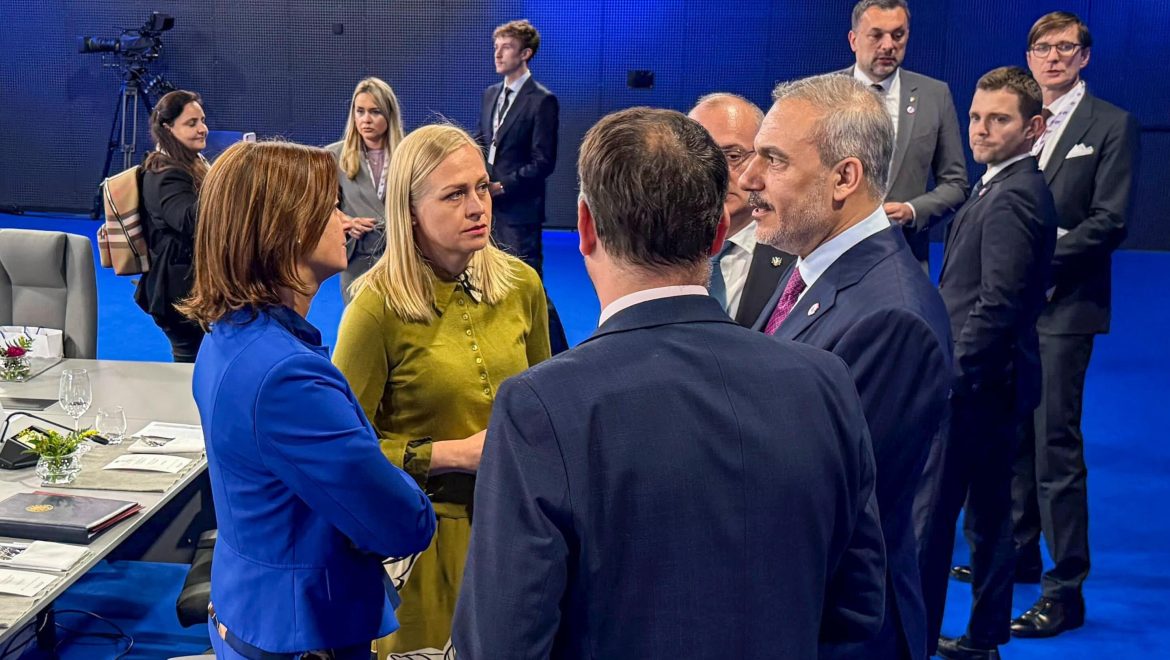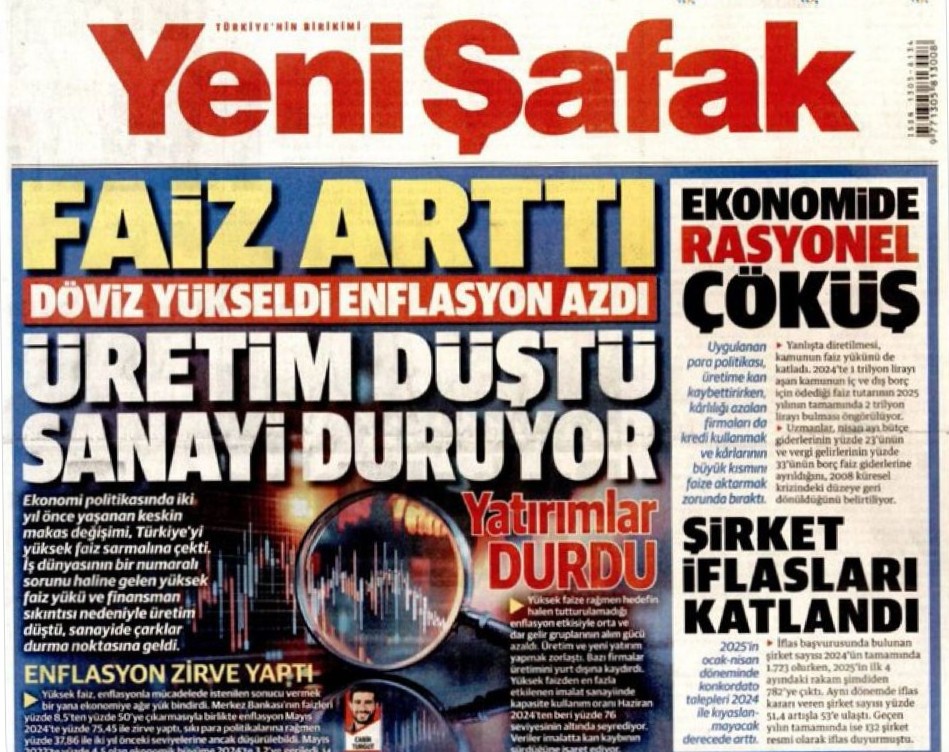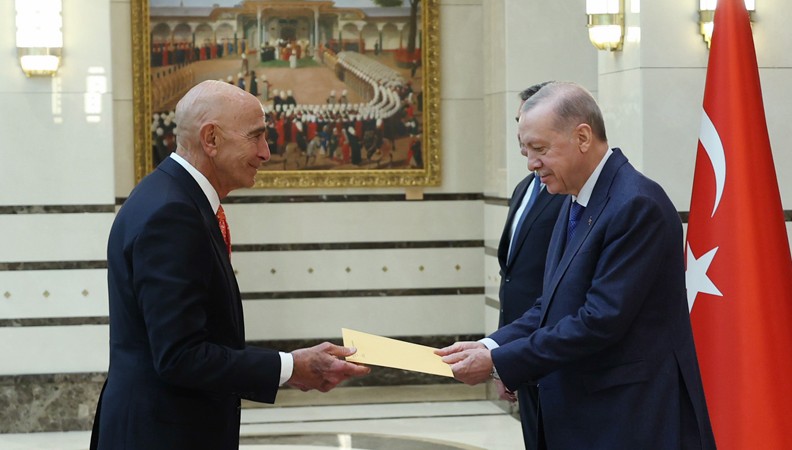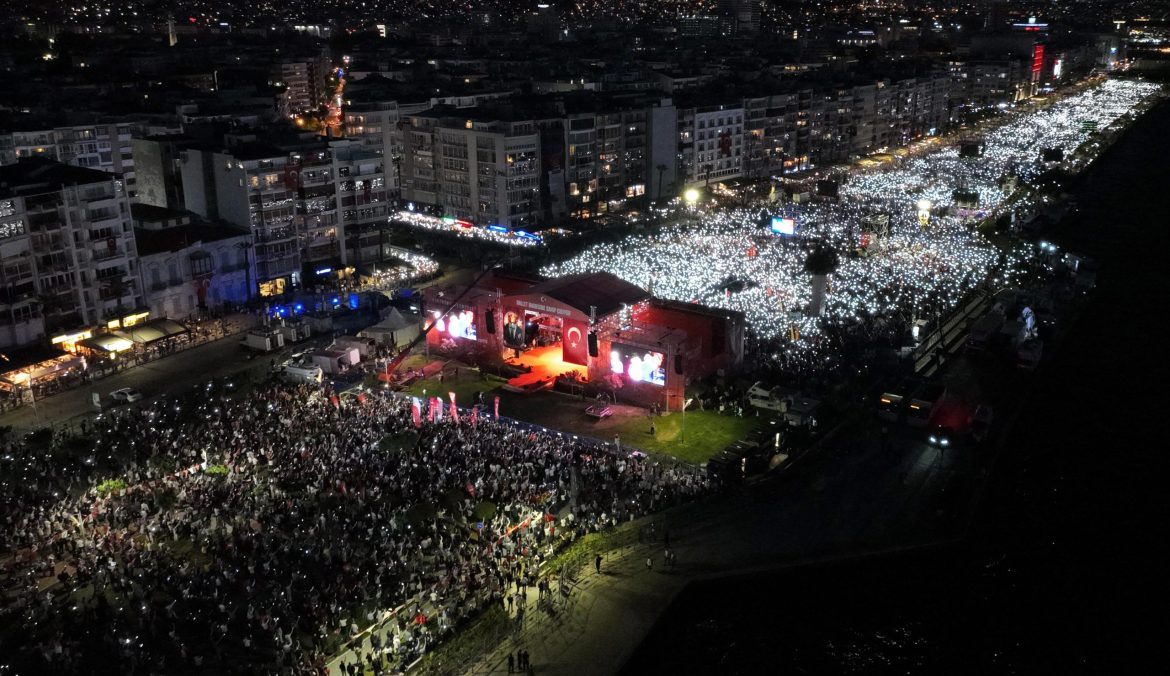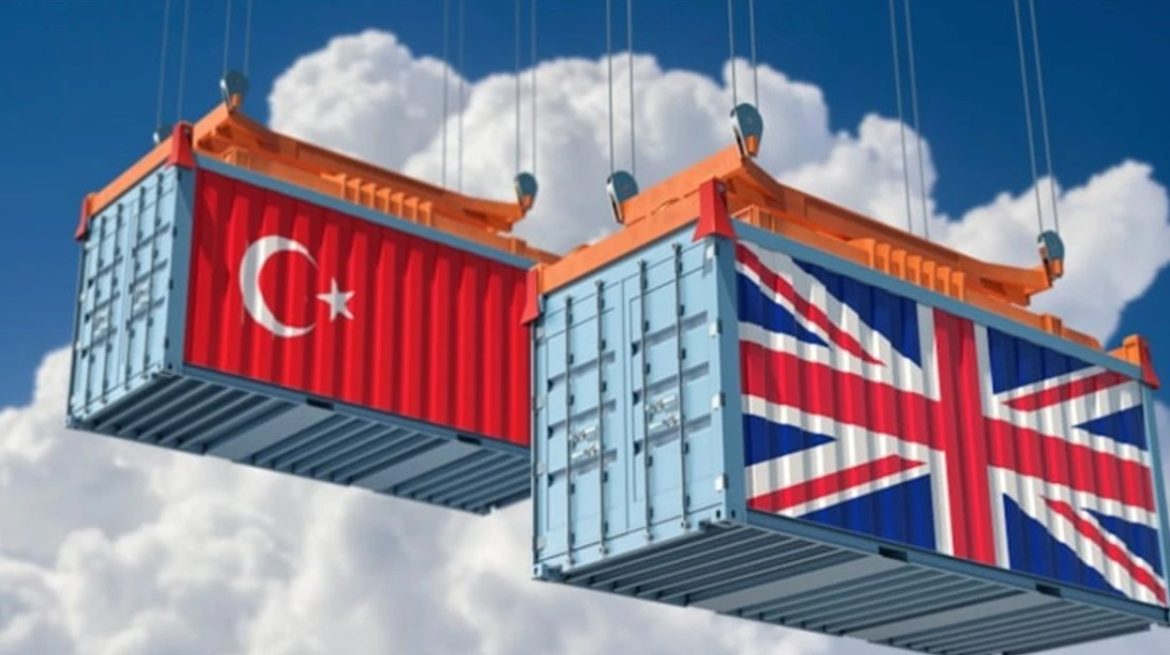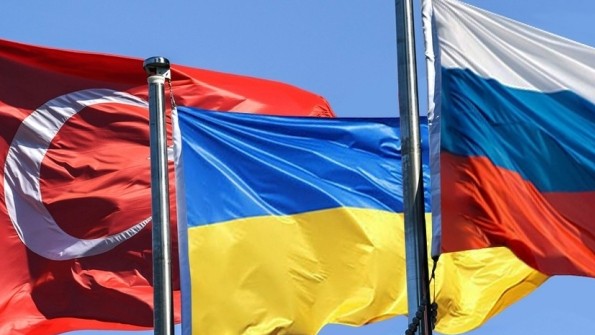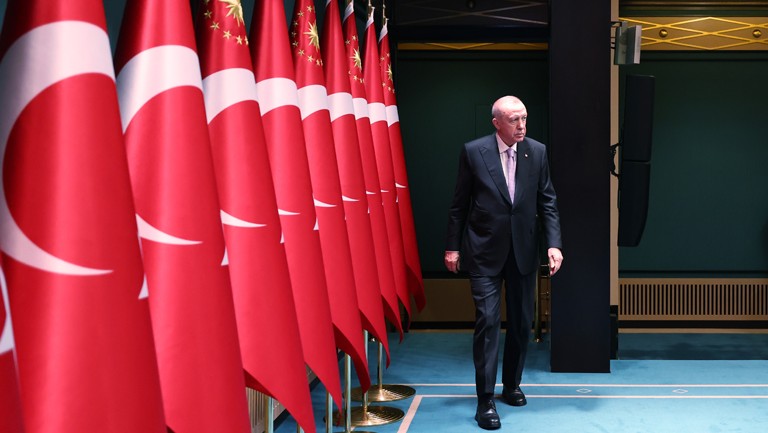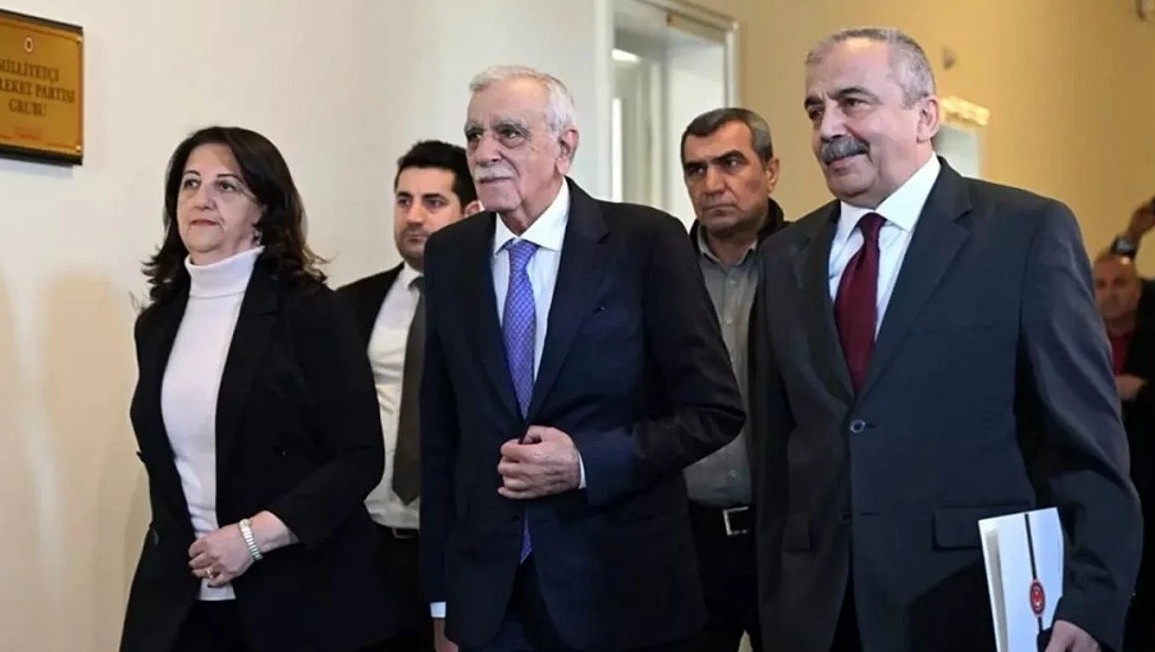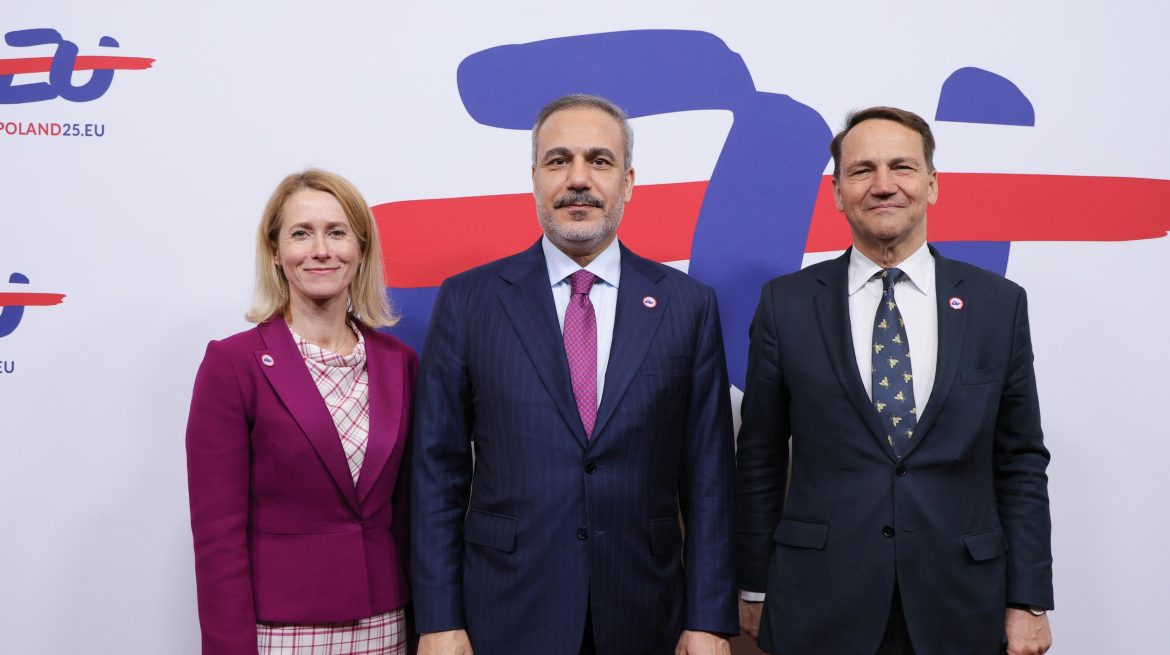In geopolitics, power is no longer measured solely by having a seat at the table, but by one’s ability to disrupt it if excluded. Today, Türkiye is demonstrating precisely that: an increasingly agile power whose influence cannot be ignored, even when it is not formally included. Some nations are invited to shape the game. Others
The front page of the Yeni Şafak newspaper on May 26 surprised those who saw it and was widely discussed in political and economic circles. The headline of Yeni Şafak (New Dawn in Turkish), one of the staunchest supporters of President Tayyip Erdoğan and the AKP government, read in large letters, “Interest rates up, foreign
“You are not a global leader, you are a local dictator,” Turkish main opposition Republican People’s Party (CHP) leader Özgür Özel said to President Tayyip Erdoğan at a rally in İzmir on May 19, adding, “You will leave the way you came in.” Addressing nearly two million people on the 106th anniversary of the beginning
From the dissolution agreement concerning the PKK to shifting dynamics in Syria and ongoing Russia–Ukraine negotiations, Türkiye is currently navigating an intense period of political and diplomatic activity. Another significant process is set to begin in July: the negotiations for a revised Turkish-UK Free Trade Agreement. If managed effectively, these talks could present Türkiye with
Russian and Ukrainian delegations met in İstanbul on May 16 for possible peace talks. These are the third round of negotiations between the two countries, since the Russian war on Ukraine started in 2022; the previous two were also held in Türkiye with the mediation of the Turkish government. This time, a high-ranking US delegation
In Türkiye, the outcomes of the outlawed Kurdistan Workers’ Party’s (PKK) disarmament and dissolution congress, convened in response to a proposal by Nationalist Movement Party leader Devlet Bahçeli and a call from PKK founder Abdullah Öcalan, are announced on May 12. Central to the process are critical issues such as the modalities of disarmament and
On May 9, Ayşegül Doğan, the spokesperson of the Kurdish-problem-focused DEM Party, was telling reporters that it was only a matter of time before the outlawed Kurdistan Workers’ Party (PKK) could announce its Congress on laying down arms and dissolving itself. Some half an hour later, the PKK announced that they had convened the Congress
On May 7, the European Parliament approved, by majority vote, the report of Türkiye rapporteur Nacho Sánchez Amor during its session in Strasbourg. The report largely reiterates concerns that have been voiced since 2018. It emphasizes that Türkiye’s democratic standards have significantly deteriorated due to its counter-terrorism legislation, the lack of cooperation between Turkish law
